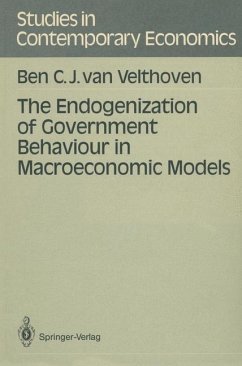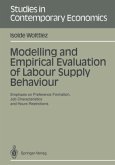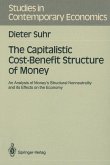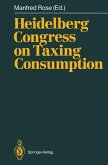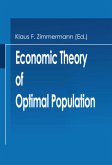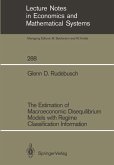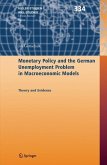In chapter 2 we concluded that the present public choice and marxist approaches to the study of political processes, as far as relevant for the analysis of economic policy making, are unsatisfactory, for reasons of incoherency, insufficient empirical support, and lack of specificity~ It was suggested that a different approach to the subject might be fruitful. To that purpose, we now turn our attention to the so-called interest function approach to the study of politico-economic phenomena, that has been developed by Van Winden (1983). See also Van Winden (1987), Van Velthoven and Van Winden (1986). Without paying too much attention to the specific conduct of and intricate relationships between voters, politicians, bureaucrats and interest groups, the interest function approach intends to combine valuable elements of the marxist and public choice analyses. According to Van Winden (1983, p. 12) "this means that in studying the interaction between state and private sector, attention should be paid to: - social classes, and the impact of class/power relationships on political and economic processes; - the way that social power structures (involving the real control over state activities) are maintained or altered; - the relative autonomy of political processes (involving the state) and its consequences for, as well as its dependence on economic processes; - individual motivations; - the possibility of mathematical formalization. " Section 3. 2. will give a general introduction to the concepts and the line of argument of the interest function approach.
Hinweis: Dieser Artikel kann nur an eine deutsche Lieferadresse ausgeliefert werden.
Hinweis: Dieser Artikel kann nur an eine deutsche Lieferadresse ausgeliefert werden.

